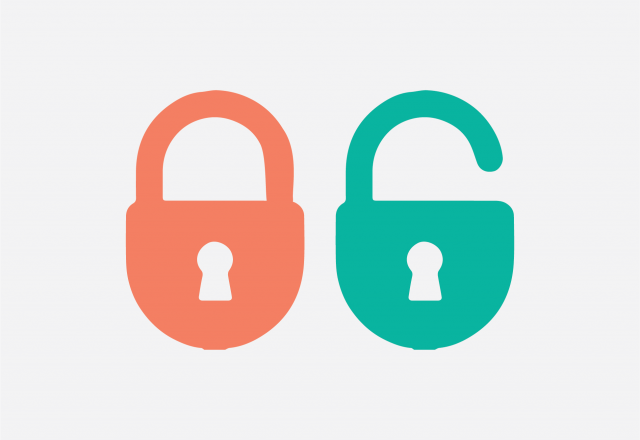This is the dilemma facing educators today: how to draw the line between public and private, when to be open, what to protect, issues of intellectual property, issues of publishing unfinished work/research, issues of ownership, open source vs. proprietary, etc. The concept of OSS is to engage participants in the globally networked discourse, such that the process of learning and creating is conducted in the public space of the Web.
With OSS (except in special cases), an entire class, including its lectures, research, work, interactions and dialogue is permanently archived and indexed for open Web access. Unlike proprietary educational e-learning systems, each and every post created by both faculty and students is indexed and retrievable for years to come. A student can return to a course long after it took place, retrieving invaluable information for research, publishing, and for inspiration. By publishing our work on the Web, we are committed to an idealised vision of the “cultural record,” as envisioned by such scientific pioneers as Vannevar Bush, in which “knowledge workers” contribute to a more informed society through free and open access to information and its heritage.

